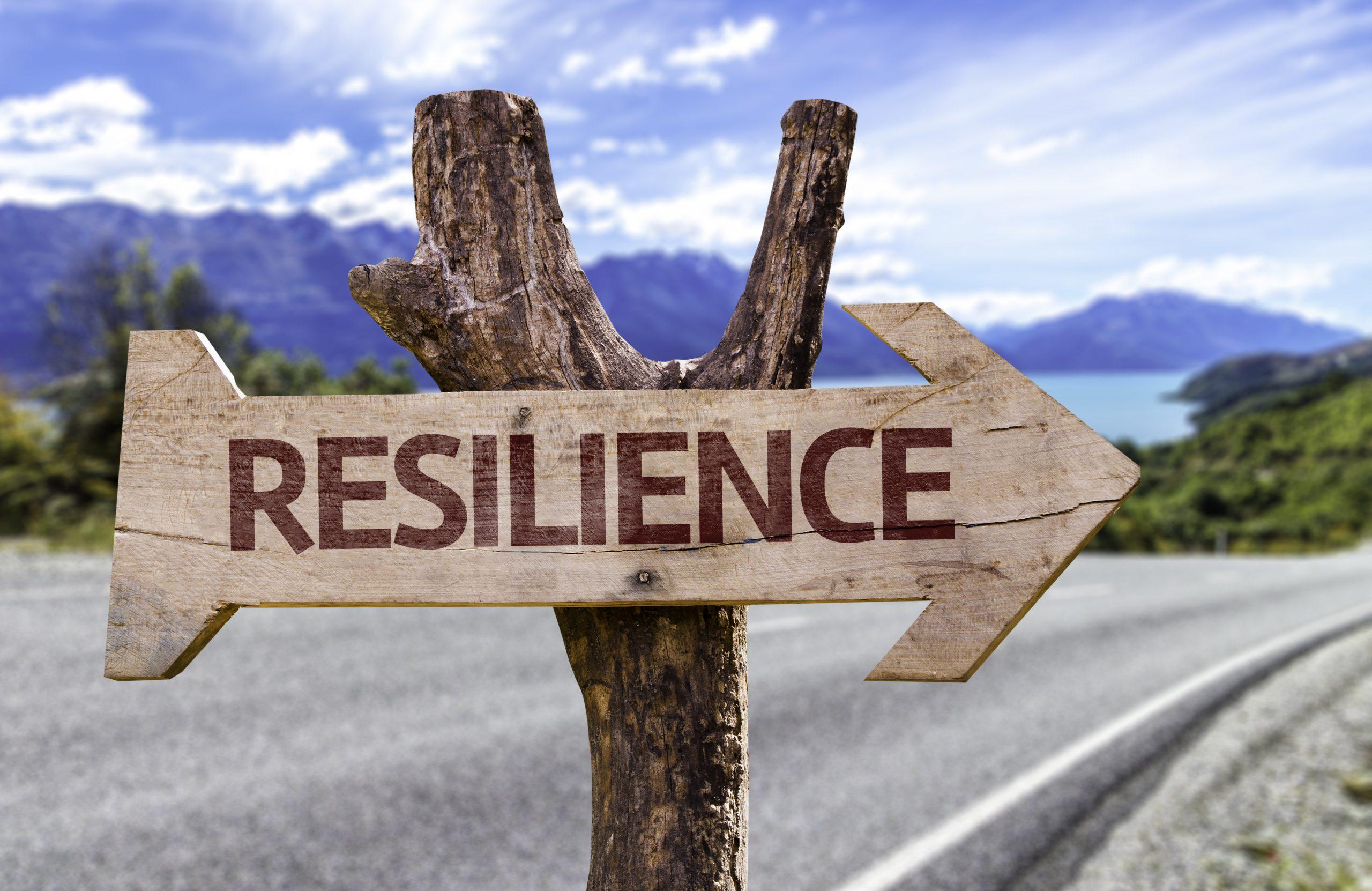In today’s hyper-connected world, social pressures have evolved into a complex web of expectations and influences that can weigh heavily on adolescents. As parents and guardians, understanding how to navigate this landscape is crucial in supporting teenagers as they develop their identities and interpersonal skills. Social pressures can stem from various sources, including peers, social media, and academic environments, each exerting its own unique form of influence. This article delves into the multifaceted nature of these pressures and offers a comprehensive analysis of effective strategies to empower your teen. By fostering open communication, promoting resilience, and providing guidance, you can equip your adolescent with the tools necessary to navigate social challenges confidently and develop into a well-rounded individual.
Understanding the Root Causes of Social Pressure
Social pressure is a multifaceted phenomenon often rooted in the intricate web of expectations and norms dictated by society, family, and peer groups. Adolescents, in particular, are acutely sensitive to these influences as they navigate their formative years. Peer influence is one of the most potent drivers, where fitting in and being accepted by friends often outweighs personal preferences or values. This pressure can manifest in various forms, from adopting certain fashion trends to engaging in risky behaviors to gain social approval.
Moreover, the digital age has amplified these pressures exponentially. Social media platforms create an environment where teens are continuously exposed to curated images of success, beauty, and happiness, fostering a sense of inadequacy and a relentless need to conform. Key factors contributing to social pressure include:
- Parental Expectations: The desire to meet or exceed parental aspirations can lead to significant stress.
- Academic Performance: Achieving high grades is often seen as a gateway to future success, adding to the pressure.
- Societal Norms: Cultural and societal standards can dictate behavior, often stifling individuality.
Understanding these root causes is crucial in helping teens build resilience and develop coping strategies to manage social pressures effectively.

Empowering Teens with Effective Communication Skills
Adolescence is a critical period where the art of communication can make a significant difference in navigating social pressures. Encouraging teens to develop strong communication skills can empower them to express themselves clearly and confidently. Here are some strategies to support your teen in honing these essential skills:
- Active Listening: Teach your teen the importance of truly hearing others. This involves maintaining eye contact, nodding, and responding appropriately to show understanding. Active listening can foster deeper connections and reduce misunderstandings.
- Assertiveness Training: Equip your teen with the ability to express their thoughts and feelings respectfully. Role-playing scenarios can be an effective way to practice assertiveness, helping them stand up for themselves without being aggressive.
- Non-Verbal Communication: Highlight the significance of body language, facial expressions, and tone of voice. These non-verbal cues can greatly influence how messages are perceived and can be powerful tools in expressing emotions and intentions.
By focusing on these aspects, teens can build a robust communication skill set that not only helps them cope with social pressures but also prepares them for future interpersonal interactions.

Developing Resilience Through Positive Reinforcement
One of the most effective ways to foster resilience in teens is through positive reinforcement. By acknowledging and rewarding their efforts, you create a nurturing environment that empowers them to face social pressures head-on. Encouragement doesn’t just build confidence; it also reinforces the behaviors and attitudes you want to see more of. Here are a few strategies to consider:
- Recognize Small Wins: Celebrating even minor achievements can have a significant impact. Whether it’s standing up to peer pressure or simply voicing their opinion, acknowledging these actions can bolster their self-esteem.
- Constructive Feedback: Focus on what they did well before offering suggestions for improvement. This approach helps teens feel valued and understood, making them more receptive to feedback.
- Encourage Problem-Solving: Instead of providing solutions, guide them to find their own answers. This not only boosts their confidence but also enhances their critical thinking skills.
By consistently applying these methods, you can help your teen develop a resilient mindset that will serve them well in navigating the complexities of social interactions.
Building a Supportive Environment for Healthy Social Interactions
Creating a nurturing atmosphere at home is essential for teenagers to thrive amidst social pressures. Start by encouraging open communication where they feel safe to express their thoughts and feelings without fear of judgment. Establish regular family check-ins to discuss daily experiences and challenges, fostering a sense of belonging and support. Additionally, demonstrate active listening by validating their emotions and offering guidance rather than solutions, empowering them to develop their own coping strategies.
- Model Positive Social Interactions: Show your teen how to build healthy relationships by modeling empathy, respect, and effective conflict resolution in your own interactions.
- Encourage Diverse Friendships: Help them understand the value of diverse social circles by supporting their involvement in varied extracurricular activities that align with their interests.
- Set Boundaries with Technology: Guide them in establishing healthy tech habits, emphasizing the importance of face-to-face communication and offline activities.
By creating a supportive environment, parents can play a pivotal role in equipping their teens with the tools needed to navigate social dynamics confidently and with resilience.



